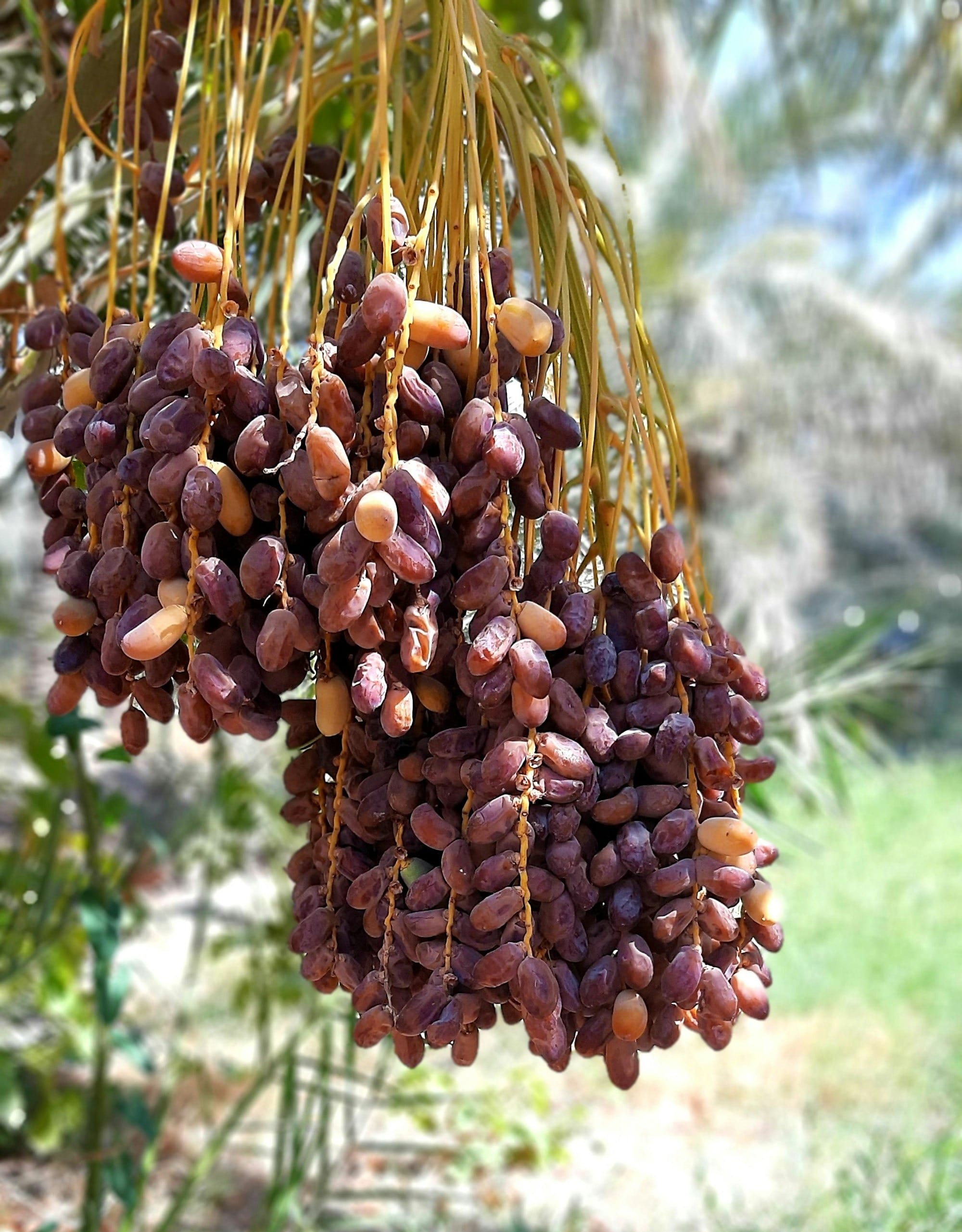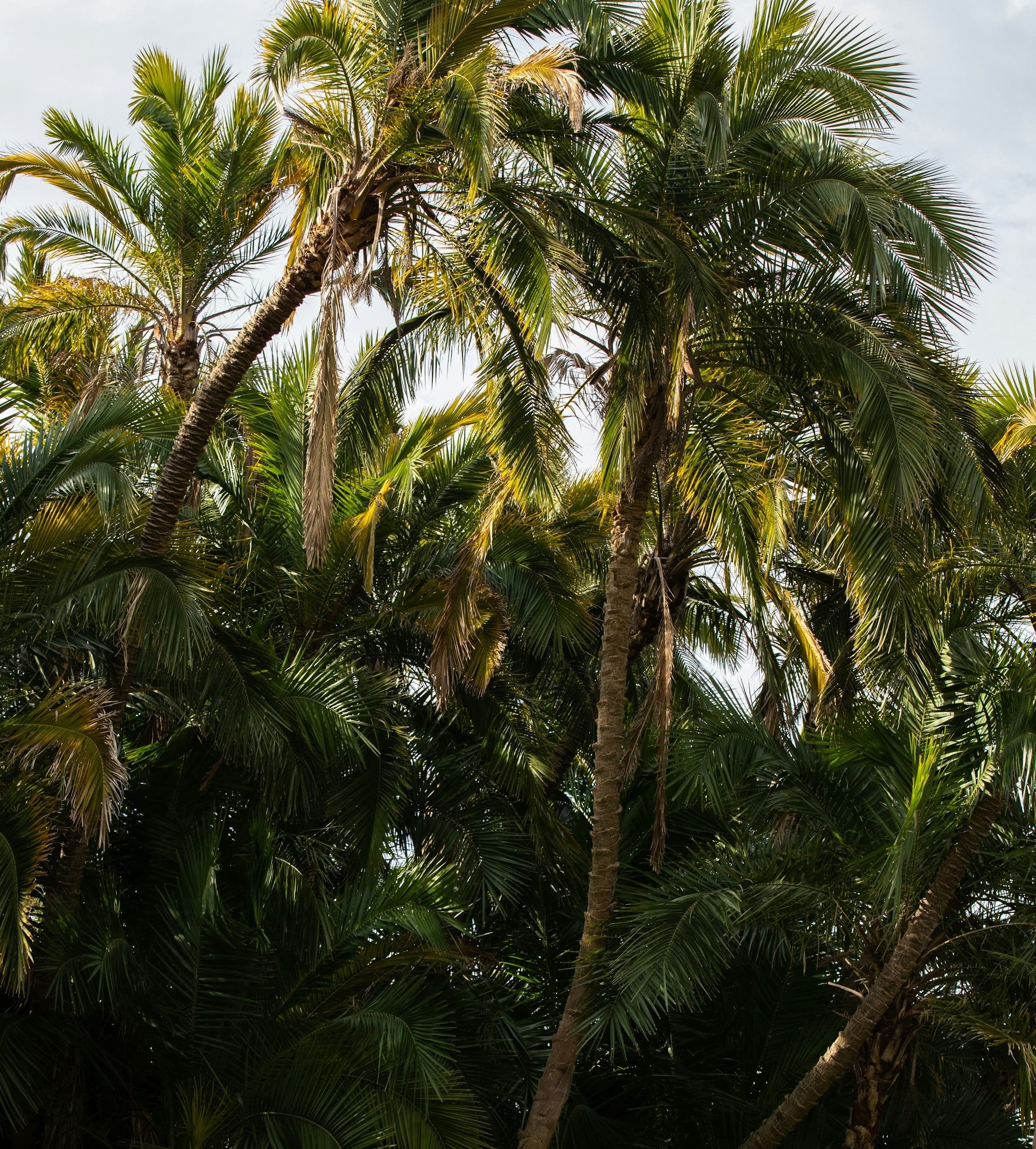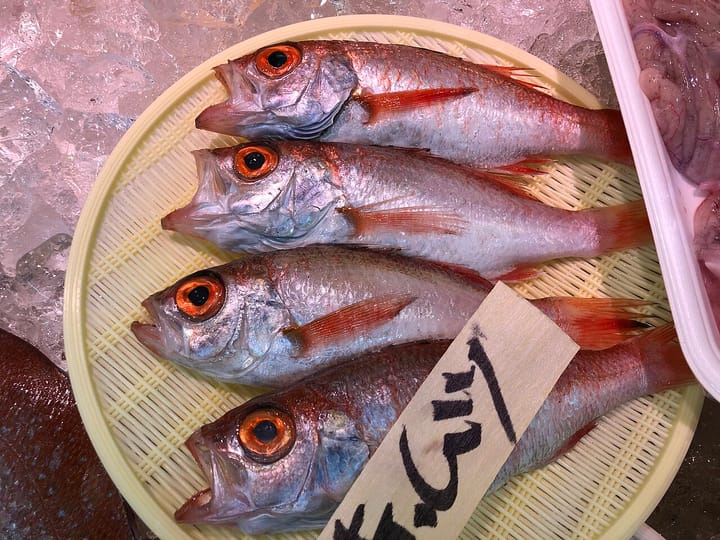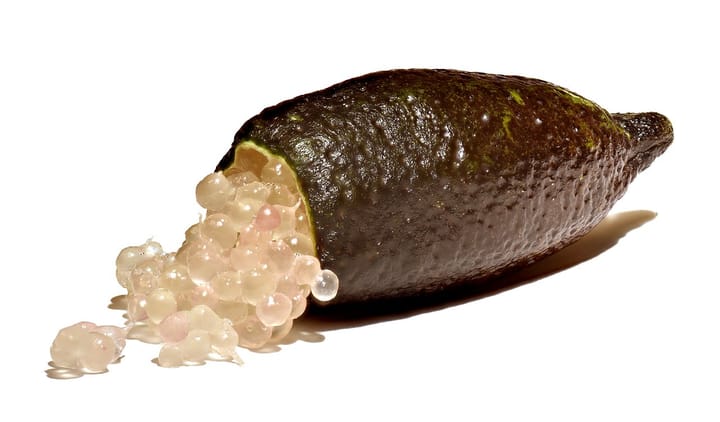Ajwa Dates: The Premium Saudi Fruit That Commands $45 Per Pound
Grown exclusively in Medina, Saudi Arabia, Ajwa dates fetch $45 per pound for their complex caramel-honey flavor and sacred significance. Discover why collectors prize these hand-harvested fruits.

Discover why food connoisseurs and collectors pay premium prices for these rare Saudi Arabian dates
Picture this: A single pound of wrinkled, dark fruit commanding the same price as a fine bottle of champagne.
In the rarefied world of luxury ingredients, Ajwa dates from Saudi Arabia reign as the ultimate status symbol among date connoisseurs, fetching anywhere from $18 to over $45 per pound in premium markets.
What Makes Ajwa Dates So Special?

These aren't your average supermarket dates. Ajwa dates (pronounced "Aj-wah") exist in a category entirely their own, cultivated exclusively within a 20-mile radius of Islam's second holiest city, Medina.
This geographic monopoly isn't merely about terroir—it's about a 1,400-year-old tradition that has elevated these fruits from sustenance to sacred treasure.
What Do Ajwa Dates Taste Like?
Bite into an authentic Ajwa date, and you'll understand why wealthy collectors stockpile them like vintage wines.
The initial resistance of the delicate, paper-thin skin gives way to flesh that dissolves on your tongue like the finest dark chocolate truffle. Complex notes unfold in waves:
- First impression: Deep caramel sweetness with hints of molasses
- Mid-palate: Subtle notes of cinnamon and cardamom
- Finish: A lingering taste of honeyed raisins with earthy undertones
Unlike the sometimes cloying sweetness of Medjool dates, Ajwas possess a sophisticated balance—sweet enough to satisfy, complex enough to intrigue.
Why Are Ajwa Dates So Expensive? Understanding the Price

1. Hand-Harvested with Traditional Methods
Each Ajwa date is hand-selected by skilled farmers who climb towering palm trees—some over 60 feet tall—without modern equipment.

The harvest window is brutally narrow: just 2-3 weeks when the dates reach perfect ripeness. Miss it, and an entire year's crop is compromised.
2. Limited Supply from Medina, Saudi Arabia
With cultivation limited to approximately 12,350 acres around Medina, annual production hovers around 17.6-22 million pounds—a drop in the bucket compared to global date production of 18.7 billion pounds.
During Ramadan alone, demand can spike 300%, creating fierce competition among buyers from Dubai to Detroit.
3. How to Identify Authentic Ajwa Dates
The Ajwa market faces a counterfeiting problem rivaling that of luxury handbags. Authentic Ajwas display distinctive characteristics:
- Deep brown to black coloring with natural white streaks (called "sugar veins")
- Medium size (typically 1.2-1.6 inches)
- Firm yet yielding texture
- Subtle fragrance reminiscent of dried figs
Premium suppliers now use blockchain technology and origin certificates to guarantee authenticity—adding to the cost but ensuring buyers receive genuine Medina-grown fruit.
Health Benefits of Ajwa Dates: What Science Says

While Ajwa dates carry profound religious significance—Islamic tradition holds that consuming seven each morning provides protection from poison and magic—modern science has uncovered compelling health benefits that justify their superfood status:
Heart Health Benefits
Recent studies from King Saud University found that Ajwa dates contain exceptionally high levels of:
- Flavonoids: 23% higher than Medjool dates
- Anthocyanins: Powerful antioxidants typically found in blueberries
- Potassium: 696mg per 3.5 oz (20% of daily requirements)
Nutritional Value of Ajwa Dates
Laboratory analysis reveals Ajwa dates contain:
- Selenium: A trace mineral crucial for thyroid function
- Beta-D-glucan: The same heart-healthy fiber found in oats
- Phenolic compounds: Anti-inflammatory agents that may reduce arthritis symptoms
- Per 3.5 oz serving: 277 calories, 2.5g protein, 75g carbohydrates
Where to Buy Authentic Ajwa Dates: A Buyer's Guide
Best Places to Purchase Ajwa Dates
- Specialist importers: Companies like Bateel and Al-Madina Dates maintain strict quality standards
- High-end Middle Eastern grocers: Look for refrigerated displays
- Luxury food halls: Harrods, Dean & DeLuca often stock premium grades
- Online premium retailers: Expect to pay $15-30 for shipping to maintain cold chain
How to Store Ajwa Dates Properly
True Ajwa aficionados treat their dates like fine wine:
- Temperature: Store at 35-40°F (2-4°C) in low humidity
- Container: Airtight glass jars prevent moisture absorption
- Longevity: Properly stored Ajwas can last 18-24 months
- Peak consumption: Best enjoyed within 6 months of harvest
Are Ajwa Dates Worth the Price?
For the casual snacker seeking a healthy treat, the $18-45 per pound price tag might seem astronomical.
But for those who appreciate the intersection of history, exclusivity, and extraordinary flavor, Ajwa dates offer something increasingly rare in our globalized world: a taste that cannot be replicated or mass-produced.
Consider this: A pound of Ajwa dates represents approximately 90 individual fruits, each hand-picked and sorted.
At $36 per pound, you're paying 40 cents per date—less than a premium chocolate truffle, with arguably more complex flavors and infinitely more cultural significance.
Final Thoughts
In the pantheon of luxury ingredients—from Alba truffles to Almas caviar—Ajwa dates occupy a unique position.
They're simultaneously ancient and modern, sacred and scientific, exclusive yet accessible to anyone willing to pay the premium.
For collectors building a portfolio of the world's most exceptional ingredients, authentic Ajwa dates from Medina aren't just recommended—they're essential.
These aren't merely dates; they're edible artifacts that connect us to centuries of tradition while delivering flavors and health benefits that science is only beginning to understand.


